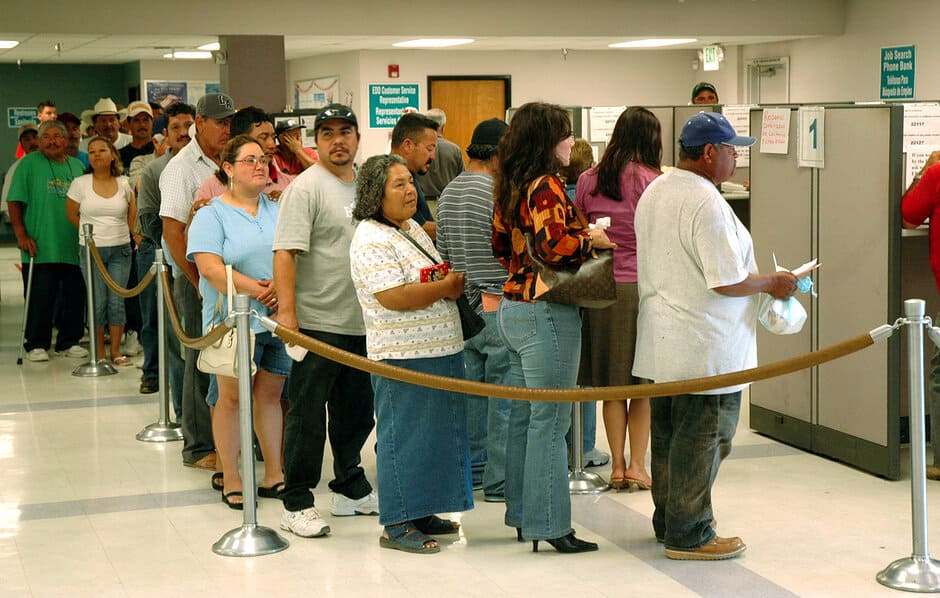Fran Swanson is a student at Harvard Law School.
The House Ways and Means Committee circulated a proposal that would raise $2.9 trillion in revenue as congressional Democrats continue to debate the scope of their signature spending package, the Washington Post reports. Much of that would come from tax increases on large corporations and wealthy individuals, though the increases are less than those proposed by the White House earlier this year. It calls for increasing the top tax rate on Americans earning over $435,000 to 39.6% (up from 37%), a “surtax on high-income individuals” earning more than $5 million, and a tired system for the proposed corporate tax rate increase in which only firms with incomes over $5 million would pay the new 26.5% rate. The draft plan would increase taxes on the nicotine and tobacco industries and would seek to “treat cryptocurrency the same as other financial instruments.” The proposal also seeks to raise revenue through better enforcement of existing tax laws and by stopping firms from artificially shifting profits to international tax havens. In an appearance on Meet the Press, Senator Joe Manchin criticized the spending package’s $3.5 trillion price tag and rejected Majority Leader Chuck Schumer’s timeline of a vote on the package by the end of the month.
Understaffed nursing homes across the country are fraudulently diagnosing residents with schizophrenia in order to sedate them with antipsychotic drugs, a New York Times investigation found. These medications can be deadly for elderly people who do not need them, nearly doubling their risk of death from a range of risks including falls and heart problems. But facilities choose these “chemical straightjackets” over hiring more staff to be with dementia patients with high care needs. In 2012, the federal government began publicly disclosing the number of prescriptions issued by individual nursing homes but excluded prescriptions for patients diagnosed with schizophrenia and a handful of other conditions. Since that change was made, the share of nursing home residents diagnosed with schizophrenia has increased by 70%. And, as nursing home staffing has fallen to its lowest level since 1994, the use of antipsychotics has risen. Government inspections have done little to address the problem: in over 99% of instances where nursing homes were cited for misusing antipsychotics, inspectors determined that the violations did not constitute actual harm to residents and thus those citations were unlikely to impact the ratings that determine facilities’ bottom lines. Yvonne Blakeney’s husband was diagnosed with schizophrenia shortly after arriving at a South Carolina nursing home and prescribed antipsychotics despite having dementia and no history of symptoms of schizophrenia. Despite repeated recommendations from outside medical personnel to stop his medication regime, David Blakeney remained so heavily sedated he could not eat or drink. He died shortly after being transferred from the facility. “I tried to get him out — I tried and tried and tried,” Yvonne said. “But when I did get him out, it was too late.”
Finally, the U.S. Digital Service is overhauling the technology that underlies state unemployment insurance systems but bigger changes are needed, ProPublica reports. The U.S. Digital Service is working with the Department of Labor to create shared software services that states could adopt, creating systems that can better withstand surges in use and that would update when Congress makes changes to unemployment aid. The effort is part of the March stimulus legislation’s $2 billion plan to strengthen unemployment insurance, which will also fund claimant outreach and identity verification measures. But, as deputy director of the Office of Unemployment Insurance Modernization Michele Evermore explained, these efforts “will certainly go a very long way to making things better, but it’s not going to be fixed unless there’s underlying UI reform.” And for that, Congress needs to act. Senators Ron Wyden and Michael Bennet have introduced legislation, which they are attempting to include in the $3.5 trillion spending package, that would require states to cover more workers and meet minimum benefit standards, including providing at least 26 weeks of benefits and replacing at least 75% of a worker’s wages.






Daily News & Commentary
Start your day with our roundup of the latest labor developments. See all
December 15
Advocating a private right of action for the NLRA, 11th Circuit criticizes McDonnell Douglas, Congress considers amending WARN Act.
December 12
OH vetoes bill weakening child labor protections; UT repeals public-sector bargaining ban; SCOTUS takes up case on post-arbitration award jurisdiction
December 11
House forces a vote on the “Protect America’s Workforce Act;” arguments on Trump’s executive order nullifying collective bargaining rights; and Penn State file a petition to form a union.
December 8
Private payrolls fall; NYC Council overrides mayoral veto on pay data; workers sue Starbucks.
December 7
Philadelphia transit workers indicate that a strike is imminent; a federal judge temporarily blocks State Department layoffs; and Virginia lawmakers consider legislation to repeal the state’s “right to work” law.
December 5
Netflix set to acquire Warner Bros., Gen Z men are the most pro-union generation in history, and lawmakers introduce the “No Robot Bosses Act.”